Travel Guides
Travel Guides
Sommerro – the hotel you never want to check out of
1 October 2025
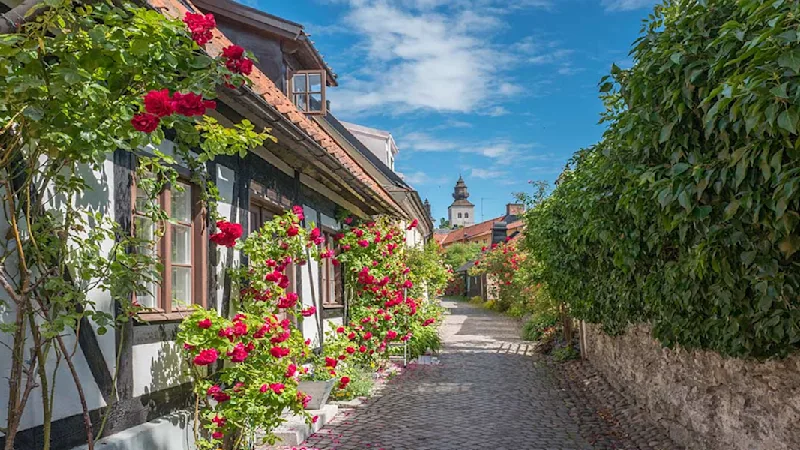
Travel Guides
Cities in Sweden you can't miss this summer
1 July 2025

Travel Guides
Discounted Superdeals – book a stay with your Spenn
28 April 2025
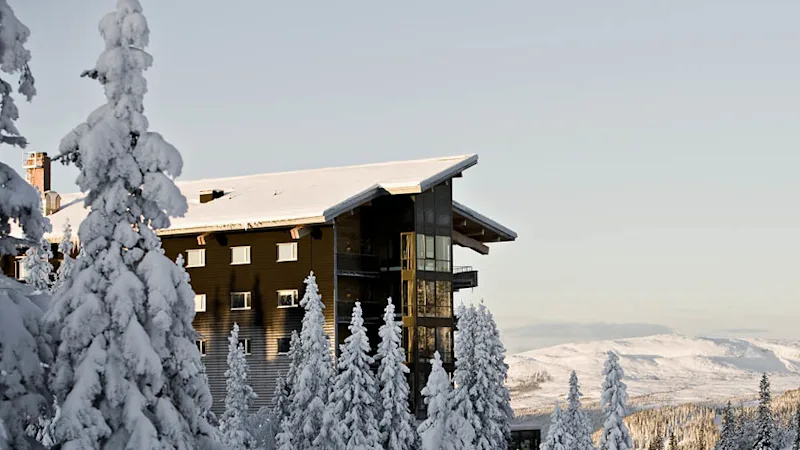
Travel Guides
Wintercation – this is where I want to travel this winter!
28 January 2025
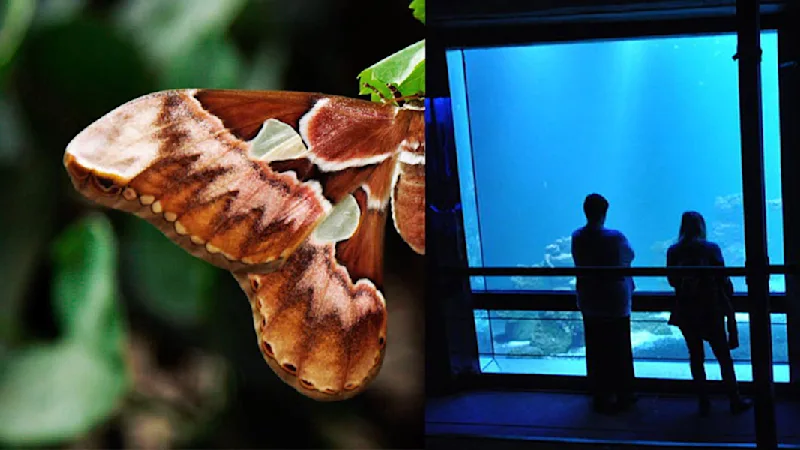
Travel Guides
5 top tips for what to do during a rainy weekend in Stockholm
10 October 2024
Travel Guides
Home Hotel: Hotels that serve breakfast, fika & a dinner
9 September 2024
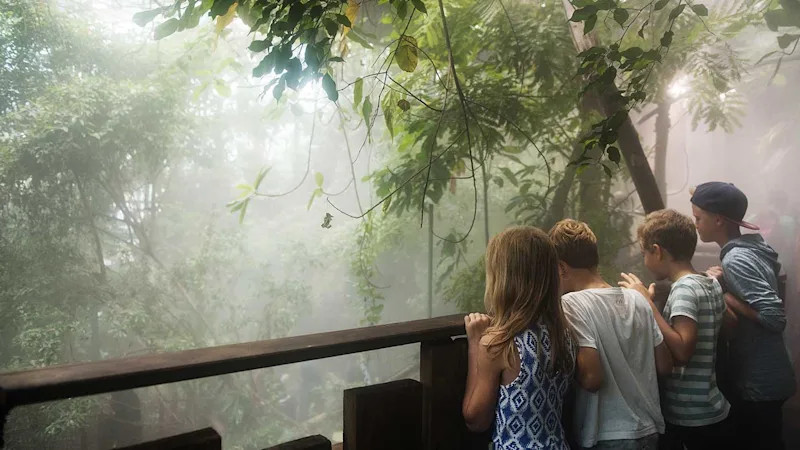
Travel Guides
Universeum – a favourite amongst adults and children
28 August 2024
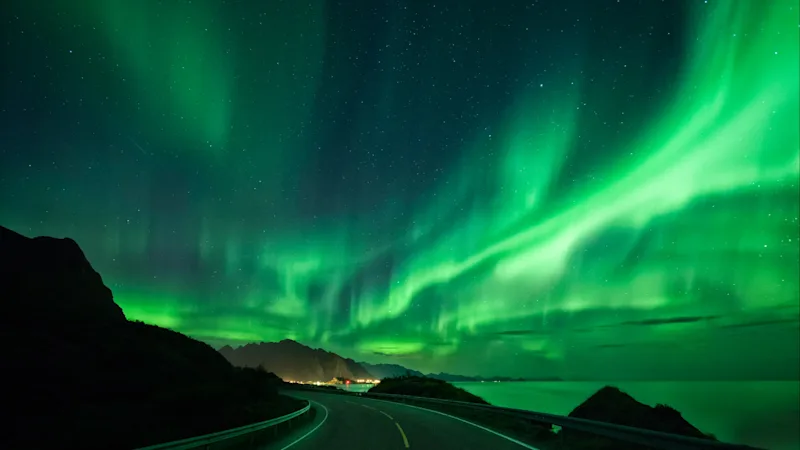
Travel Guides
Northern Norway: 18 activities you MUST put on your bucket list!
4 June 2024
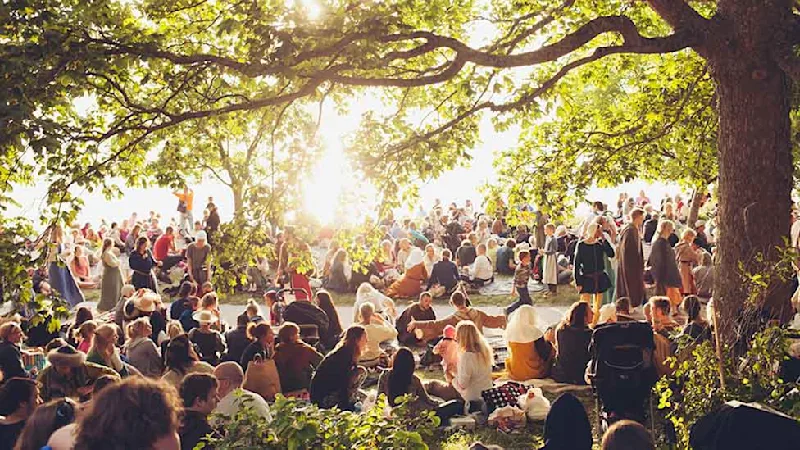
Travel Guides
Top 12 family-friendly things to do in Sweden
25 April 2024
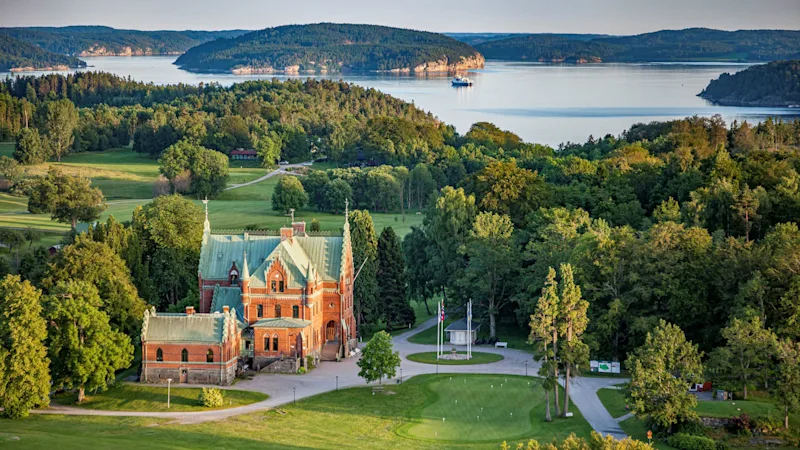
Travel Guides
Torreby Castle – join us on our regal adventure!
27 February 2024
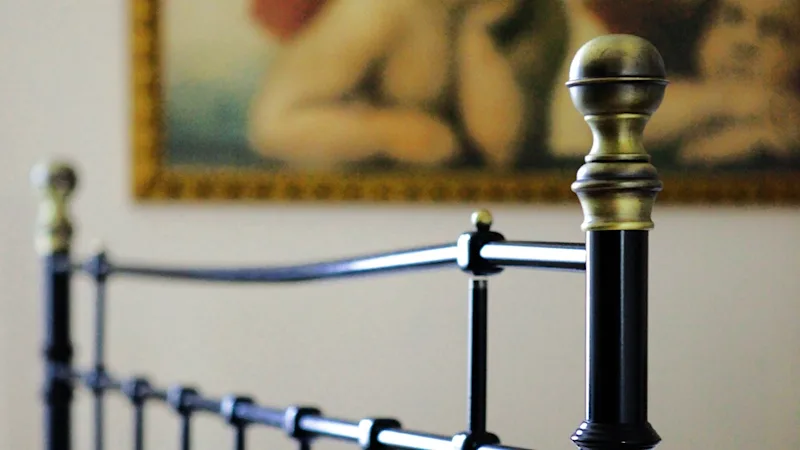
Travel Guides
Reenskaug Hotel in Drøbak – a different kind of hotel
2 January 2024
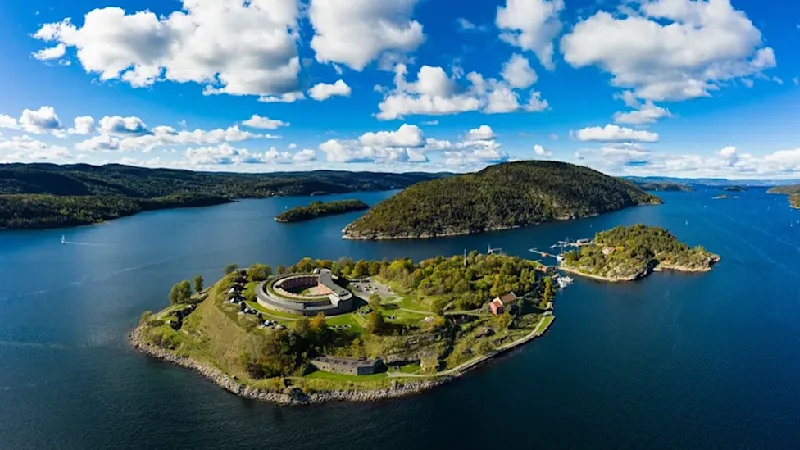
Travel Guides
A magical stay at the Oscarsborg Fortress in Drøbak
15 December 2023